Empowering Parenthood
"Oocyte donation offers renewed hope and the opportunity to experience pregnancy, childbirth, and motherhood."
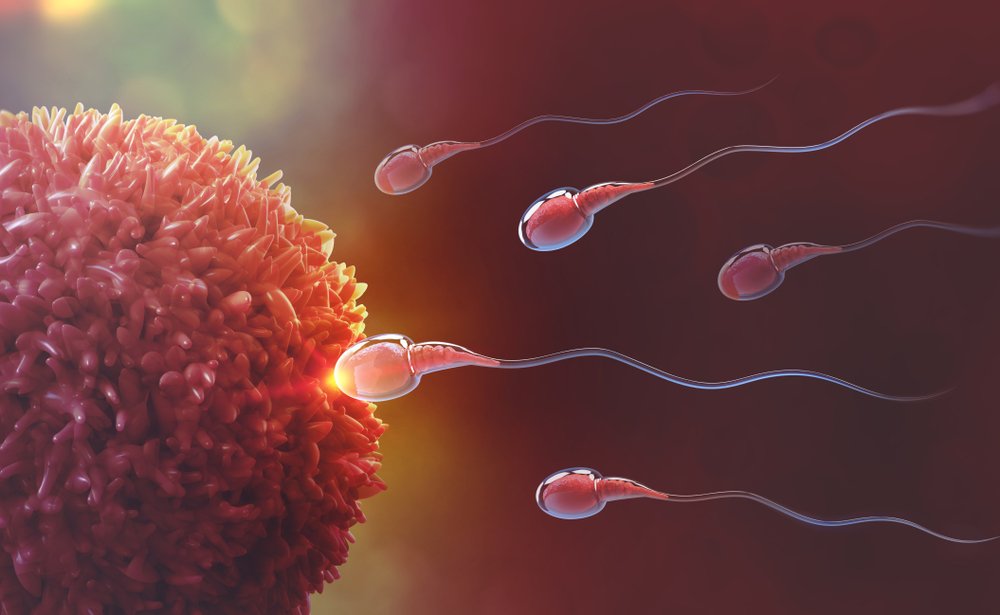
Oocyte Donor Treatment is a fertility solution designed for women who are unable to produce healthy eggs. This advanced fertility option uses donor eggs from a healthy, pre-screened woman, combined with the partner’s sperm, and transferred into the recipient’s uterus through IVF.
Our compassionate team helps intended parents every step of the way — from matching with the right donor to a successful pregnancy journey.
Oocyte donation brings hope to women with low ovarian reserve, premature ovarian failure, or those with genetically inherited conditions.
Using healthy, young donor eggs significantly boosts the chances of conception, especially for women over 40.
All donors are screened for genetic, infectious, and psychological conditions to ensure safe and ethical treatment.
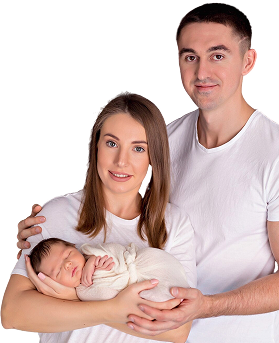

"Oocyte donation offers renewed hope and the opportunity to experience pregnancy, childbirth, and motherhood."
Our personalized donor programs ensure a smooth and ethical experience for every intended parent.
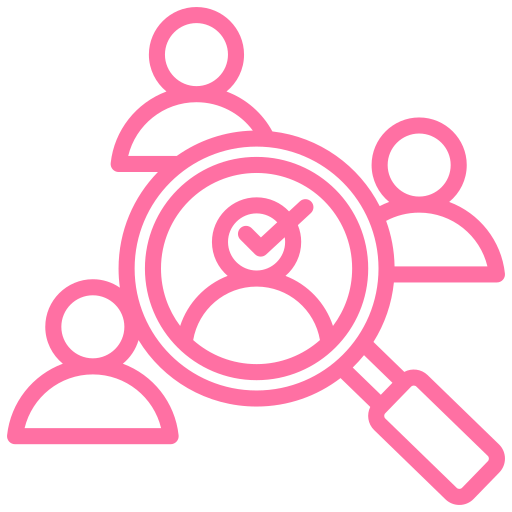
We help you choose from a database of healthy, young, and approved egg donors based on your preferences.
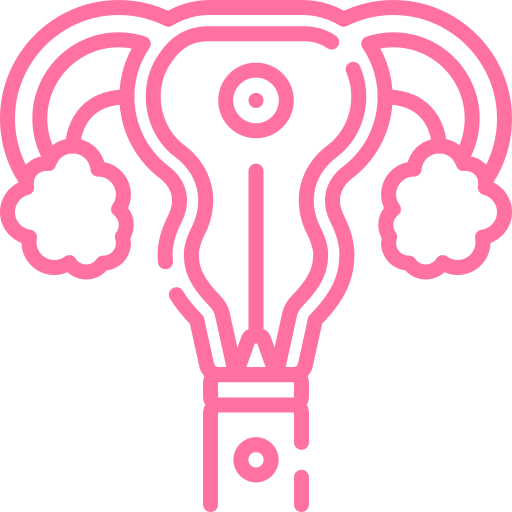
Donor eggs are fertilized with your partner’s sperm in a lab, and the resulting embryo is transferred to your uterus.
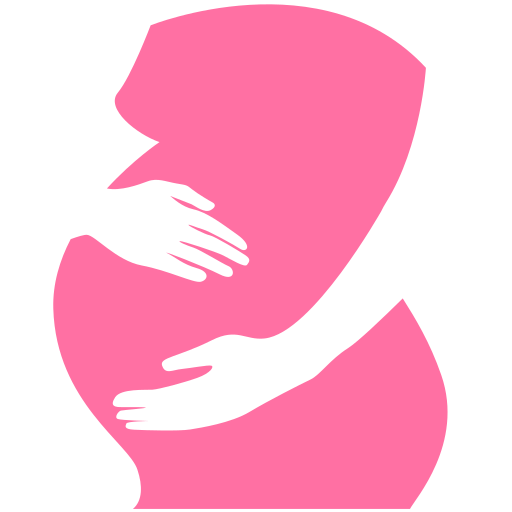
Once successful implantation occurs, you continue with a normal pregnancy just as you would with your own eggs.
Here’s how the process unfolds under expert medical and emotional care:
We evaluate your medical history and fertility needs to recommend oocyte donation.
Eggs are retrieved from the selected donor following hormonal stimulation and screening.
After fertilization, the best-quality embryo is transferred into your uterus to establish pregnancy.

This treatment is ideal for women with poor egg quality, early menopause, or those at risk of passing genetic conditions.
Since donor eggs are used, the baby is not genetically related to the intended mother but is biologically carried and nurtured by her.
No. All donor identities remain confidential, and the process is carried out ethically and anonymously unless mutually agreed upon otherwise.